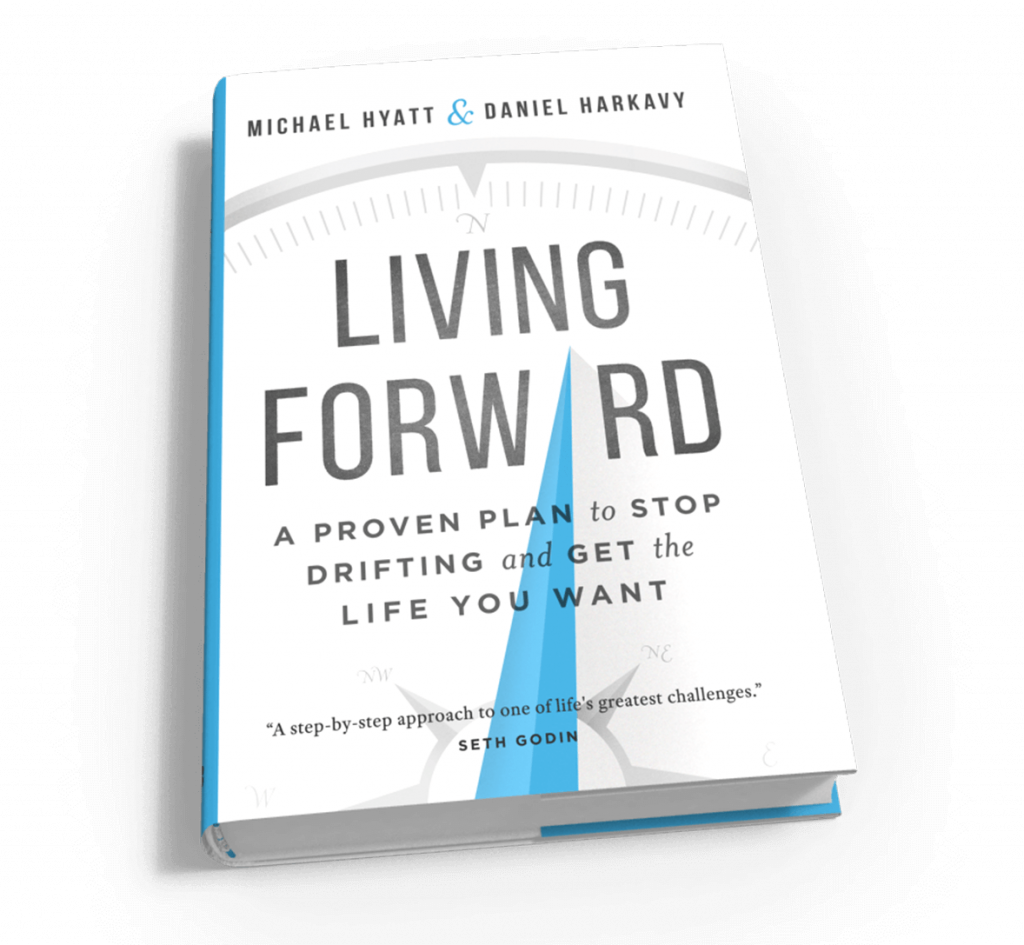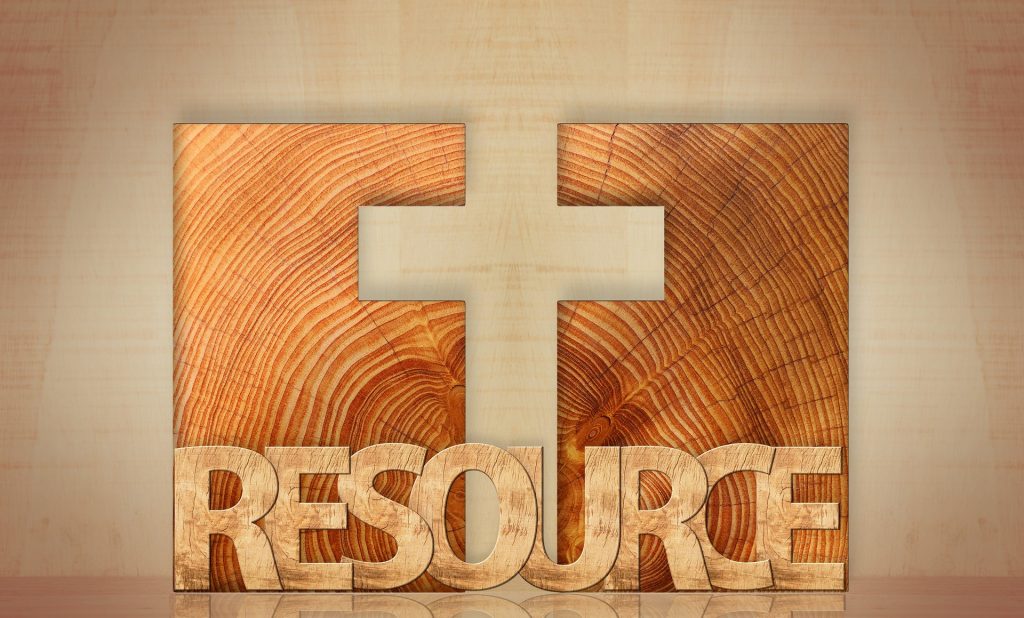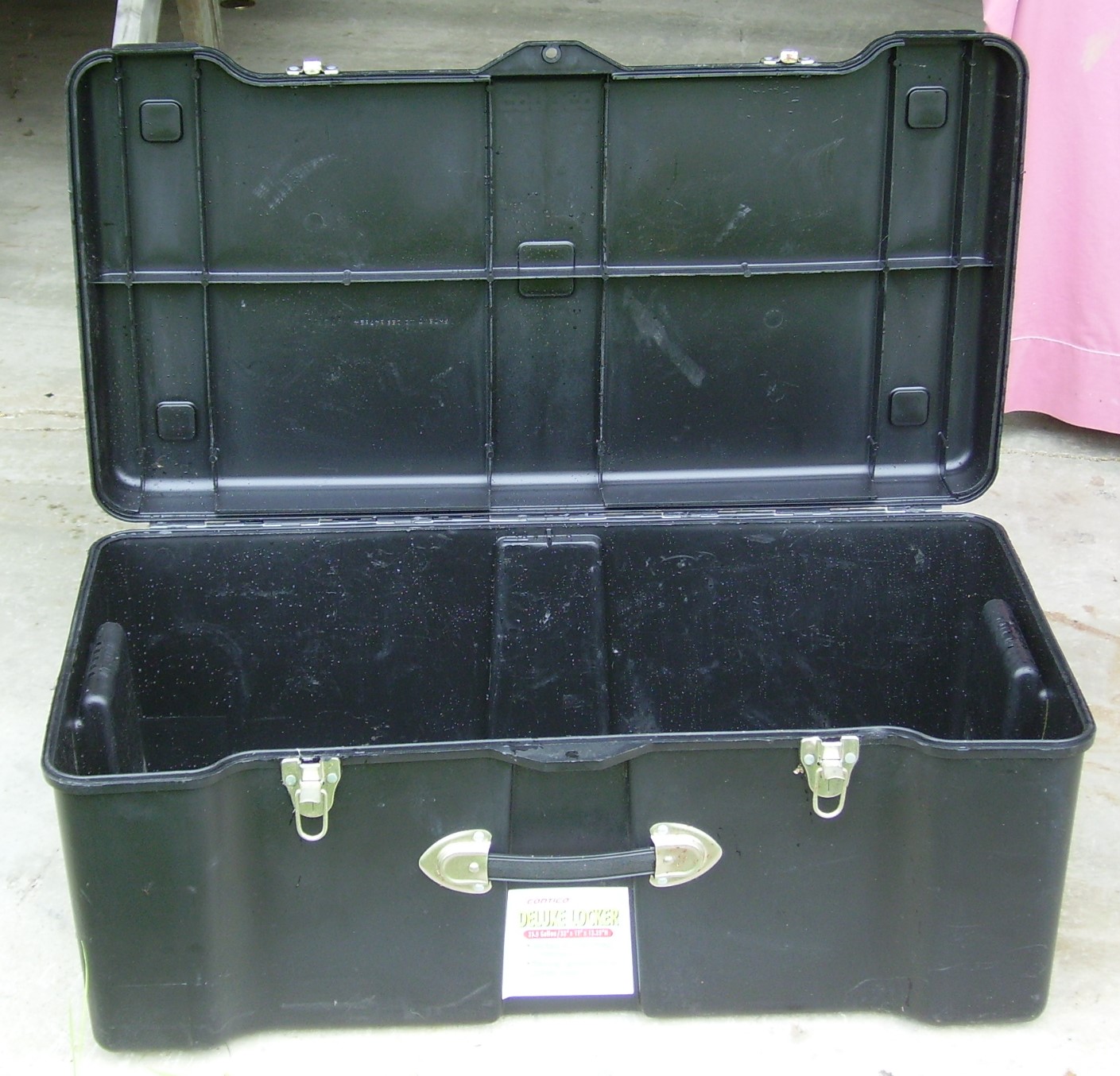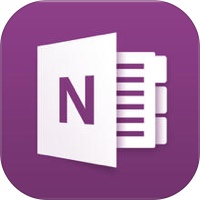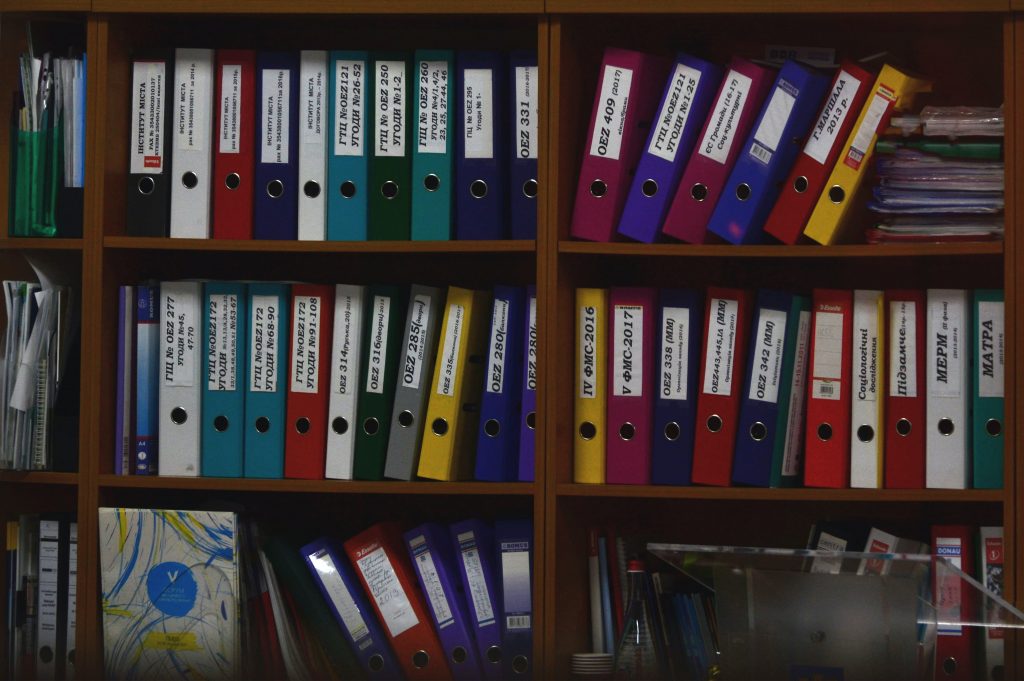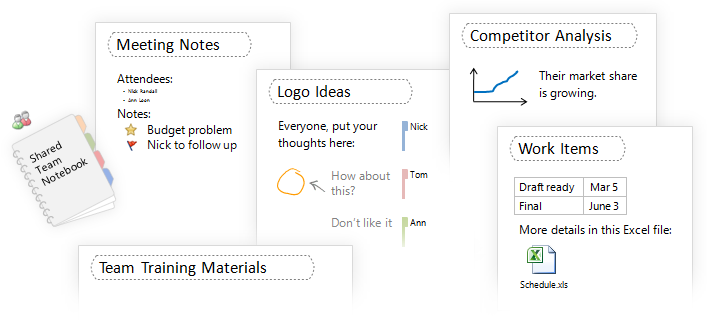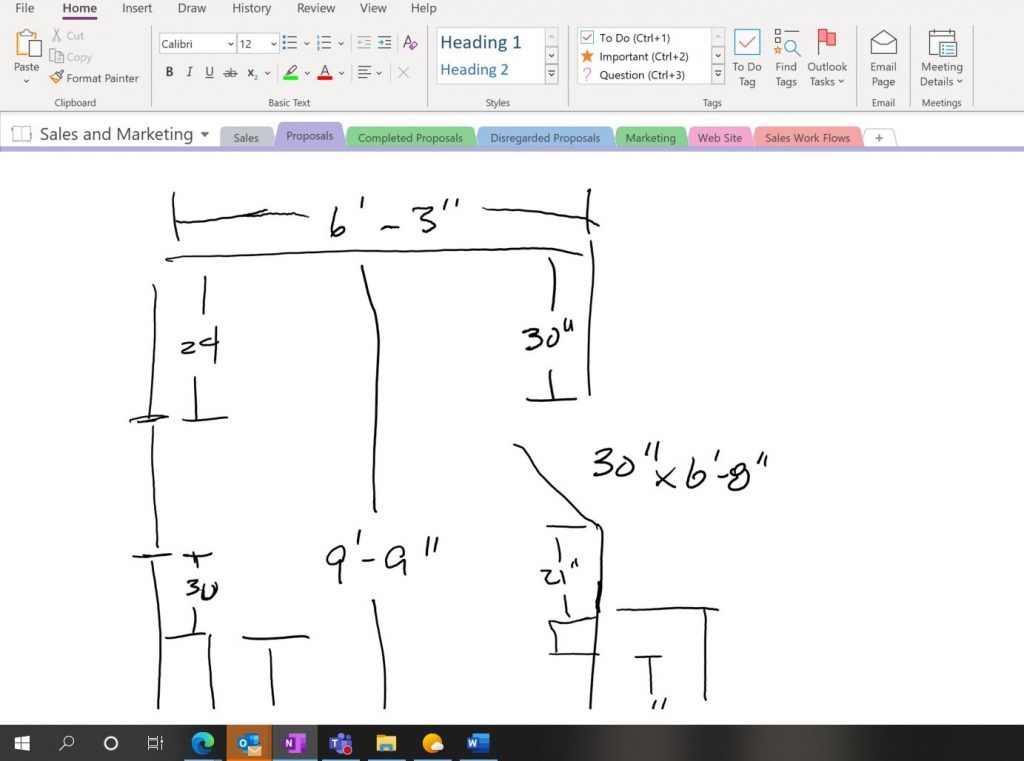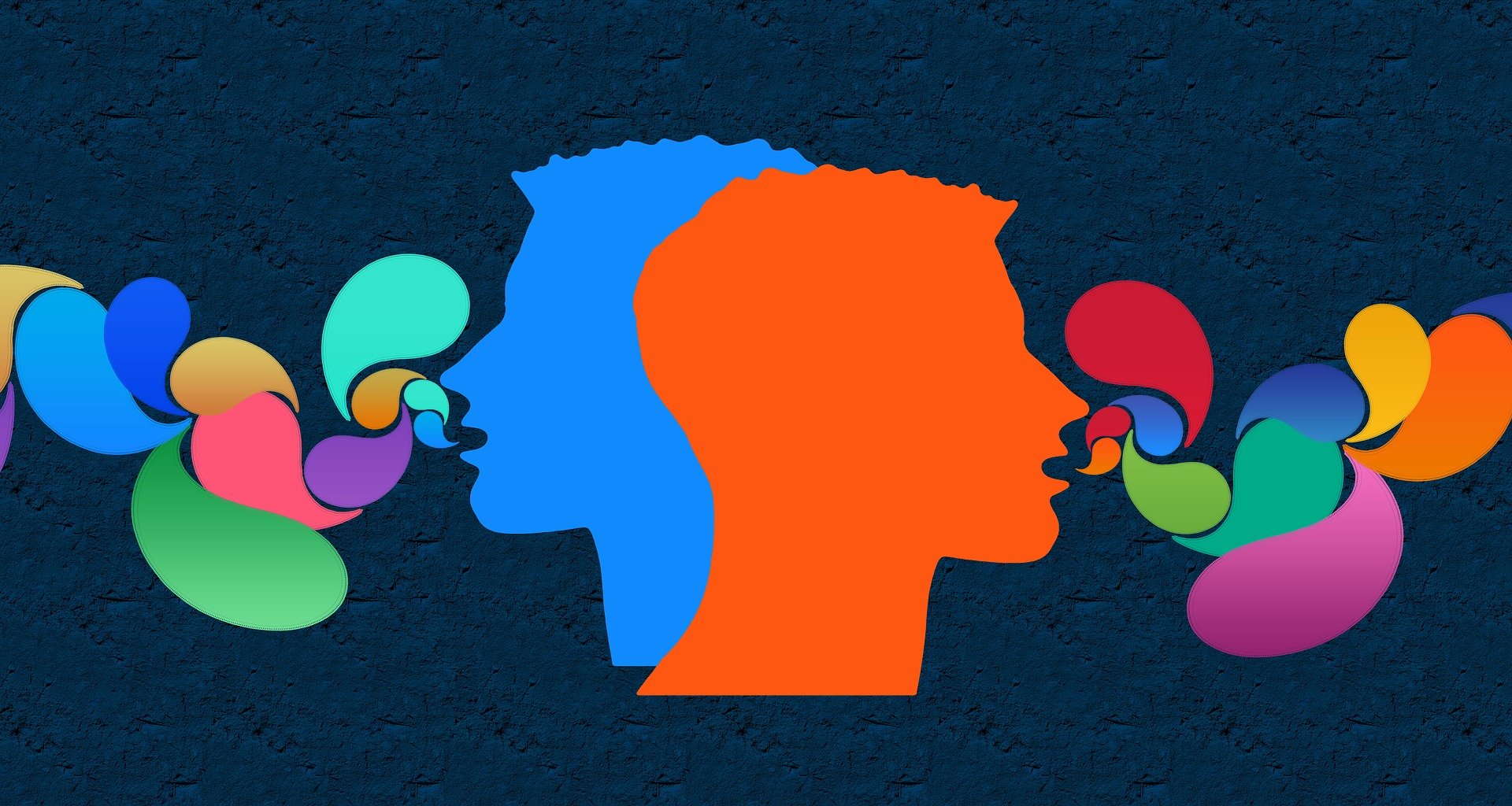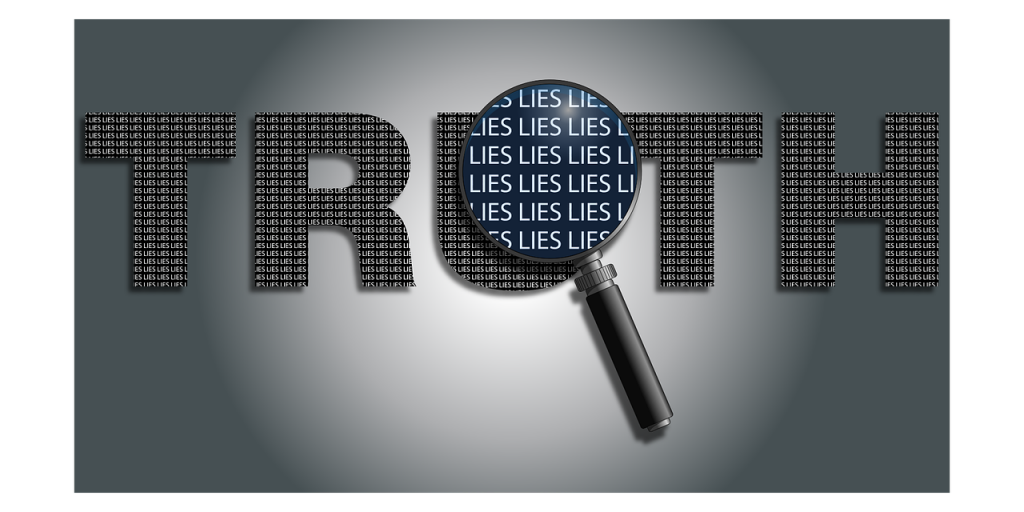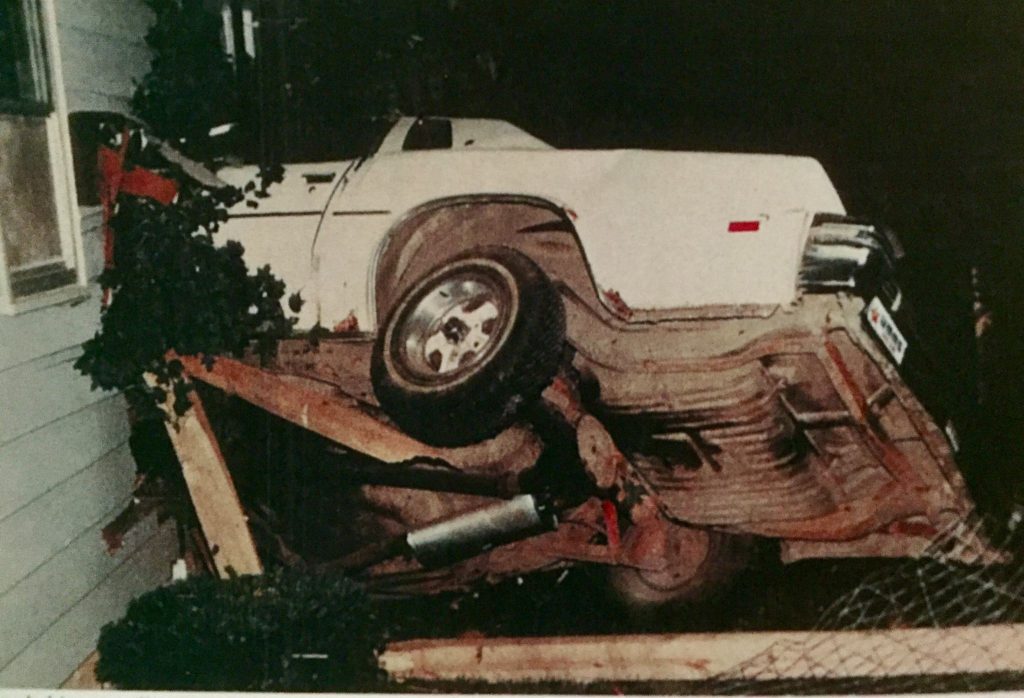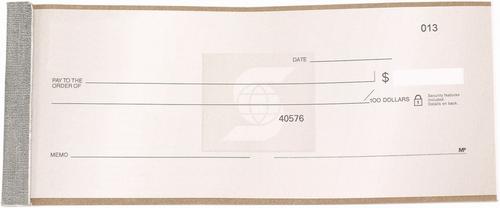Once You’ve Determined That…Live It to The Fullest
We have all been given a specific purpose. A unique thing that only we have. The hard part can be figuring that what it is.
I don’t know that we will ever figure it out fully, this side of heaven.
The important thing is to be vigilantly looking every day. To focus on uncovering the “thing” God has put us here for. The Architect of the world has given us a “Blueprint” for building the life He designed for us. It is up to us to study that print and build our lives accordingly.

In Matthew 22:1-14, Jesus tells about a king who prepared a wedding feast for his son. The king sent his servants to tell those who had been invited that the feast was ready. The people who had been invited were too busy and went on about their lives.
So, the king invited other less admirable people, as per the world’s standards. When the king came to greet the guests, one was not dressed for the wedding. The king asked the man why. The man said nothing. The king had him thrown out.
This seems a little harsh.
The custom of the day was that when people came to a wedding, they were given wedding clothes. So, it wasn’t like the man didn’t have everything he needed. He just chose not to use them. On top of that, he ignored the king.
This man wanted to enjoy all the benefits of the wedding feast with out putting on the clothes. Too many of us approach life in this same way. We’ve been invited to the feast and given everything we need to come and enjoy it. But we ignore the King and the wedding clothes that He’s given us.
We want the benefits without doing the work.
Take time to read and study Life’s Blueprint. Discuss the plans with the Architect. Determine what your purpose is and build the life God has designed for you.




